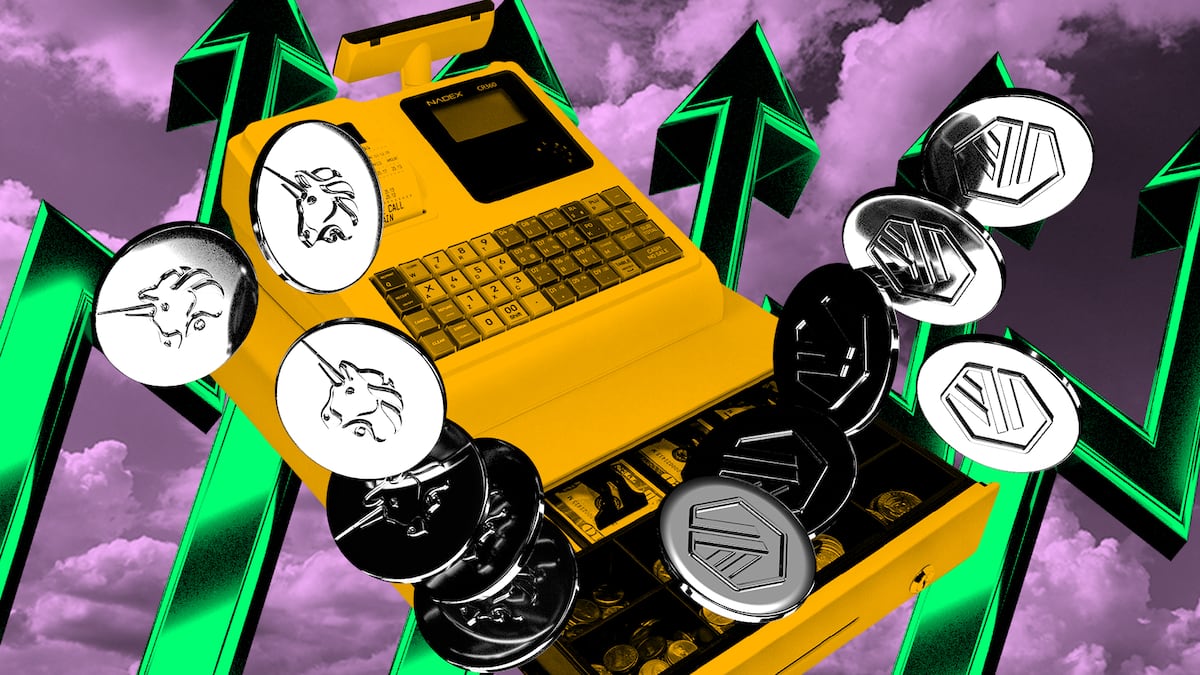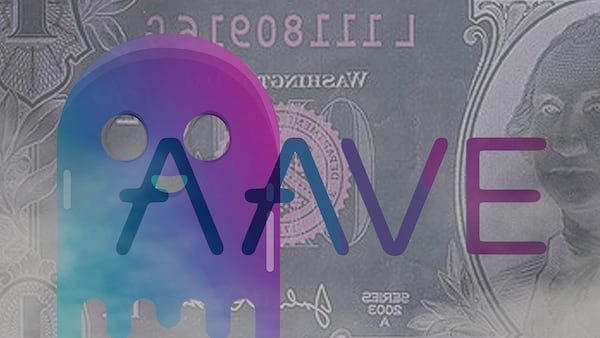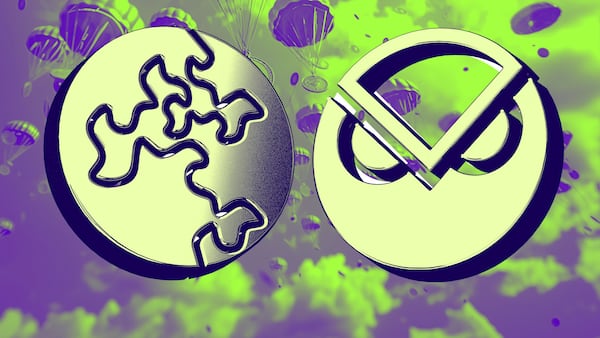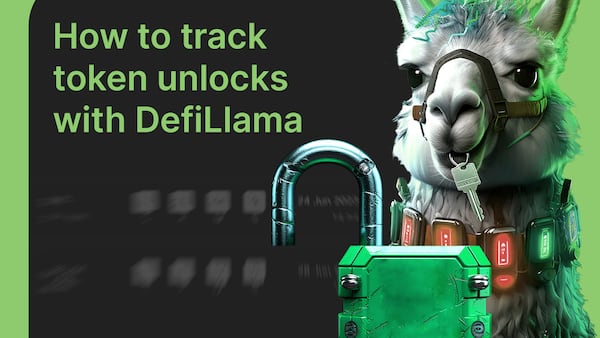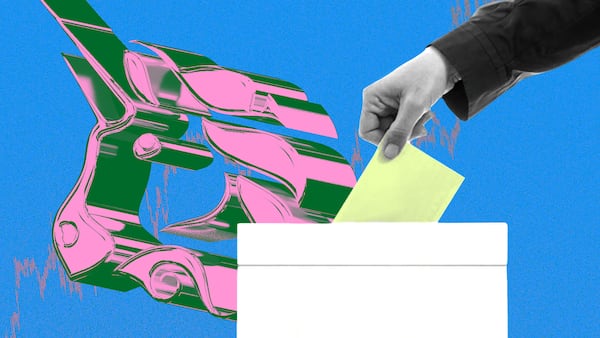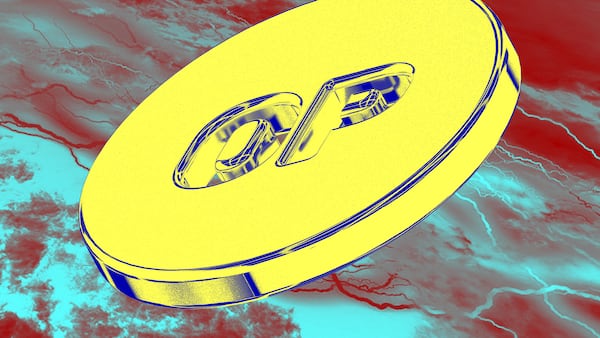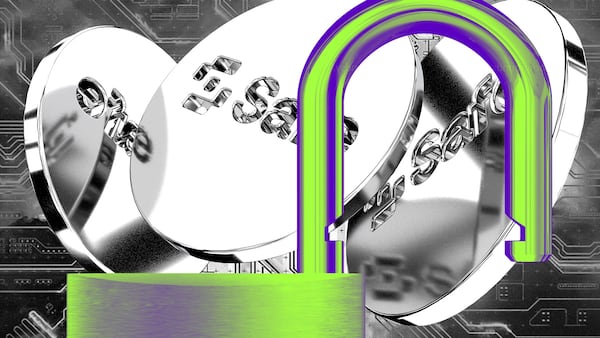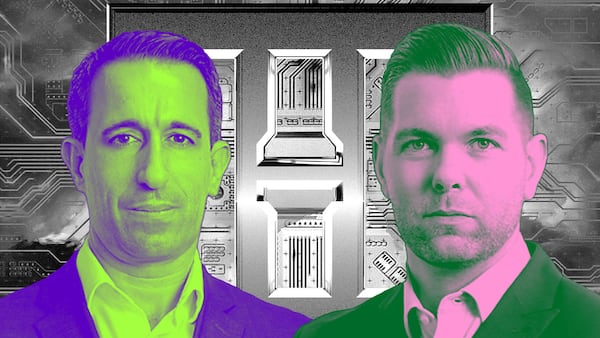- DAOs holding all their funds in their native token is risky.
- More DAOs are looking to diversify their holdings as prices rise.
- DAO services provider recommends a DAO’s native token not account for more than 90% of its treasury.
As crypto prices rise, more DAOs are weighing token sales to lock in cash reserves and fund operations.
But that’s not the only reason. They are increasingly wary of overdependence on their native tokens. The danger of this practice became clear last week, when Uniswap’s UNI token tanked 20% after Uniswap Labs was slapped with a notice from the US Securities and Exchange Commission.
”Relying on one asset is risky as crypto assets are quite volatile,” Doo Wan Nam, co-founder of DAO governance solutions provider StableLab and co-author of Uniswap’s Treasury Working Group proposal, told DL News.
On April 5, Uniswap DAO voted to establish a working group tasked with diversifying its $6.4 million treasury, held entirely in the DAO’s native UNI token. Once established, the working group will examine various treasury plans for Uniswap DAO after an eight-week research period.
The problem isn’t limited just to Uniswap. A recent report from DAO services provider Avantgarde commissioned by Arbitrum DAO found that among the 25 largest DAOs, almost two-thirds held over 90% of their treasuries in their DAO’s native token.
Does diversification work?
Decentralised autonomous organisations, often abbreviated to DAOs, are a type of crypto cooperative governed by token holders.
While the DAO structure aids them in decentralisation, they are still very much like traditional companies in other ways. DAOs need to budget, cover expenses, and work toward sustainability. And timing is key as crypto prices rise.
“It’s crucial for DAOs to diversify and ideally grow their treasury as that allows for a more resilient and sustainable DAO,” Nam said.
One example of a DAO with a diversified treasury is CoW DAO, which governs the CoW Swap decentralised exchange.
The DAO holds around 88% of its treasury in its native COW token, with the remaining 12% distributed across stablecoins like Circle’s USDC, MakerDAO’s DAI, and staked and unstaked versions of Ether.
“The treasury of a DAO is the lifeboat of the projects it supports,” Luis, a CoW DAO treasury contributor, told DL News. Luis said that while a DAO’s native token is important, diversifying assets is needed to minimise risk exposure and capture income opportunities.
Opportunities for DAOs to bring in income have grown substantially in recent years. Many DAOs now choose to hold Ether liquid staking tokens such as Lido’s stETH or Rocket Pool’s rETH.
These tokens earn a yield of between 3% and 4% from Ether staking emissions.
Nam also recommends DAOs hold some fiat currencies to further hedge against crypto volatility, saying it’s “sensible” to hold some of their treasury in yield bearing stablecoins — assets that are pegged to the dollar but also earn a yield.
‘Too much diversification’
But there are risks.
Diversify too much, and it can put a lot of selling pressure on the DAO’s native token, or worse, “lead to us being unaligned with the ARB token,” Devansh Mehta, a member of Arbitrum DAO’s treasury and sustainability working group, told DL News.
According to StableLab’s Nam, a 90% threshold, meaning that a DAO’s native token doesn’t account for more than 90% of its treasury, is a “good indicator” for sufficient diversification.
Surprisingly, several DAOs fall under 90%, including Uniswap, Nam said.
Diversifying DAO treasuries can be unpopular for other reasons, too.
According to Mehta, Arbitrum DAO members instead preferred to use the DAO’s treasury to fund ecosystem growth.
The compromise was proposing treasury diversification through real-world asset providers. “They wanted the legitimacy of Arbitrum DAO being a customer of their product and earning money from it,” Mehta said.
On April 6, Arbitrum DAO voted to diversify 35 million ARB from its treasury into stable, liquid- and yield-earning assets.
A final consideration for DAOs looking to diversify their treasuries is the time it takes to coordinate tokens sales. For Arbitrum DAO, it took almost four months to go from a proposal to a final vote.
Although Uniswap DAO has agreed to establish a working group, it will likely take many weeks before it comes up with a diversification proposal.
Tim Craig is DL News’ Edinburgh-based DeFi Correspondent. Reach out with tips at tim@dlnews.com.
